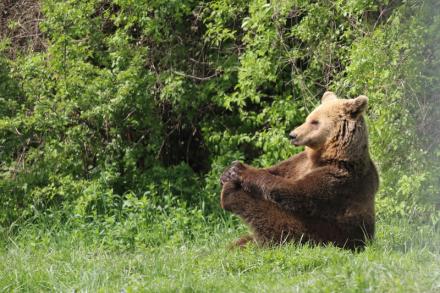About the Animal Protection Index (API)
The Animal Protection Index (API) ranks 50 countries around the world according to their animal welfare policy and legislation. This project is unique to World Animal Protection and support our lobbying efforts to promote stronger laws to better protect animals. World Animal Protection hopes the API is a useful resource for anyone willing to be an advocate for animals.
Our working group
For the first edition of the API, published in 2014, the API’s methodology was designed by a working group led by World Animal Protection. Senior members of the below animal protection NGOs were part of this working group. Additionally, various academic experts were consulted to ensure the suitability of design, international applicability and adequacy of issues covered in the API.
For the second edition of the API, released in 2020, its methodology has been refined by the API Lead Researcher and Project Manager, Laure Boissat.
Our research partners
The research for the API was conducted by World Animal Protection, with input from various partners from NGOs and academia for specific country reports. For the first edition of the API, published in 2014, the research was conducted in partnership with the law firm DLA Piper.
Our stakeholders
World Animal Protection worked with governments, Chief Veterinary Officers (CVOs) and respective OIE delegates to verify that all the information included in each of the 50 country reports is correct, and that no policy or legislation has been overlooked. Each CVO of the 50 countries assessed in the API received the report prior to publication and was given one month to provide feedback. When relevant, the feedback given by CVOs was integrated within the final version of the country report, which is the one displayed on this website. Using the API, World Animal Protection further engages with various government stakeholders and policy-makers throughout the world to improve animal welfare legislation worldwide.
Countries Selected
Select up to four countries and then select 'Compare' to start contrasting animal welfare standards
